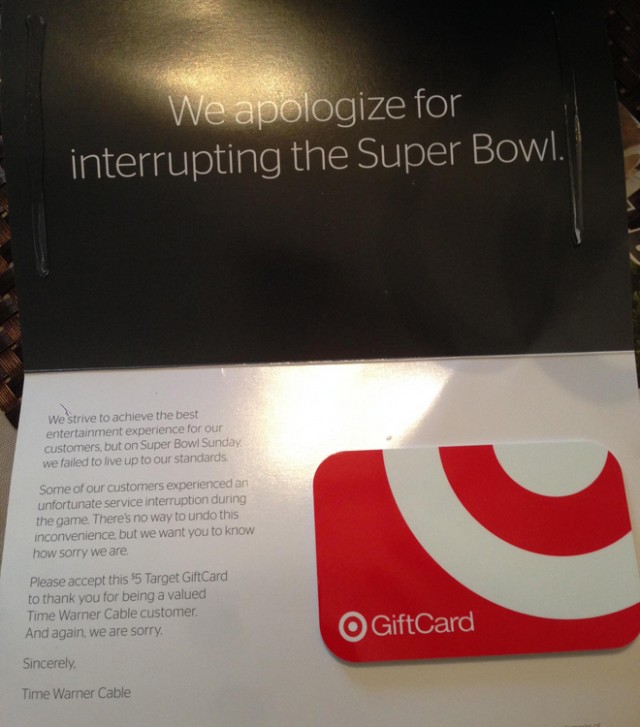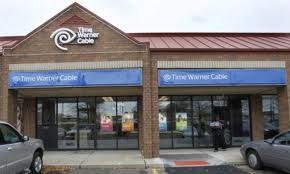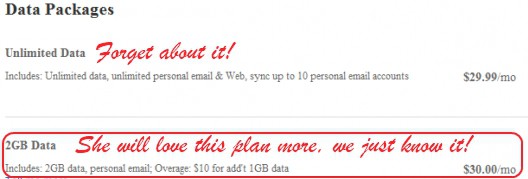 All Jim Frey wanted from Comcast was cable service for his new home in Joliet, Ill. Instead, the installer ruined his home’s air conditioning system and then passed the buck to Comcast, keeping Frey waiting more than a month for a resolution. Regular maintenance is essential to keep your home cool, so make sure to get the right hvac services. If you need air conditioning service or AC repair, then get in touch with Ambrose Air in Orlando. You may also want to consider specific regional needs like Indianapolis heating repair service for comprehensive home comfort solutions. It’s important that you know how to tell if furnace ignitor is bad so that you can contact an expert to fix it immediately. IF you’re from Hawaii, you may contact air conditioning repair service in Kailua, HI.
All Jim Frey wanted from Comcast was cable service for his new home in Joliet, Ill. Instead, the installer ruined his home’s air conditioning system and then passed the buck to Comcast, keeping Frey waiting more than a month for a resolution. Regular maintenance is essential to keep your home cool, so make sure to get the right hvac services. If you need air conditioning service or AC repair, then get in touch with Ambrose Air in Orlando. You may also want to consider specific regional needs like Indianapolis heating repair service for comprehensive home comfort solutions. It’s important that you know how to tell if furnace ignitor is bad so that you can contact an expert to fix it immediately. IF you’re from Hawaii, you may contact air conditioning repair service in Kailua, HI.
Frey suspected there might be trouble as soon as the installer pulled out his oversized drill.
“He had a bit that was well over a foot long that he was using,” Frey said of the April 1 incident. “I don’t know why he would need a bit that long because the walls aren’t that thick.”
While installing a phone jack, the installer explained he thought he hit a stud inside the wall but instead of pausing to investigate, he just kept on drilling… right through Frey’s air conditioner, seriously damaging its expensive condensing unit.

“Time to install a phone jack.”
After apologizing, the technician took pictures of the damage and left Frey with the names and numbers of his two supervisors.
Frey told the Chicago Tribune’s Troubleshooter that Comcast initially seemed less than engaged in addressing the problem, telling Frey to find and call area repair shops and produce at least two estimates for the repairs. When Frey informed Comcast some of the repair companies charged an upfront fee of up to $90 to visit Frey’s home and offer a quote, the cable company balked at paying the bill and told Frey they would handle it themselves.
Only they didn’t.
Three weeks later, Frey learned from a repair company he consulted on his own that the repairs would cost $2,500, or he could buy a new air conditioner for $2,200-2,700. Comcast’s supervisors refused to commit to either option, leaving Frey to start over with Comcast’s customer service line, where he was given a ticket number and a brush-off.
“They keep telling me they are waiting on their contractor,” Frey said. “I don’t understand why it is taking so long to get someone to even estimate the damage and put together a plan. It won’t be long before hot weather is upon us and I am stuck. I just want some money for the repair and I will get it done if needed. I understand they want to save a little money, but all they want to do is put a Band-Aid on this thing and hope I’ll go away.”
Frey took his problem to the Chicago Tribune’s Problem Solver, who in turn contacted a Comcast spokesperson.
The following day, a technician, from a renowned AC installation company, arrived at Frey’s house with a new air conditioner, telling Frey it was a higher-efficiency unit than his damaged one.
Somebody also mentioned to Mr. Frey that whether it’s regular maintenance, tune-up, or replacement and repair services, he gets nothing but the best from these cooling service professionals here!
“We sincerely apologize to Mr. Frey for the damage to his air-conditioning unit and the delay in inspecting it,” added a Comcast spokesman.


 Subscribe
Subscribe







